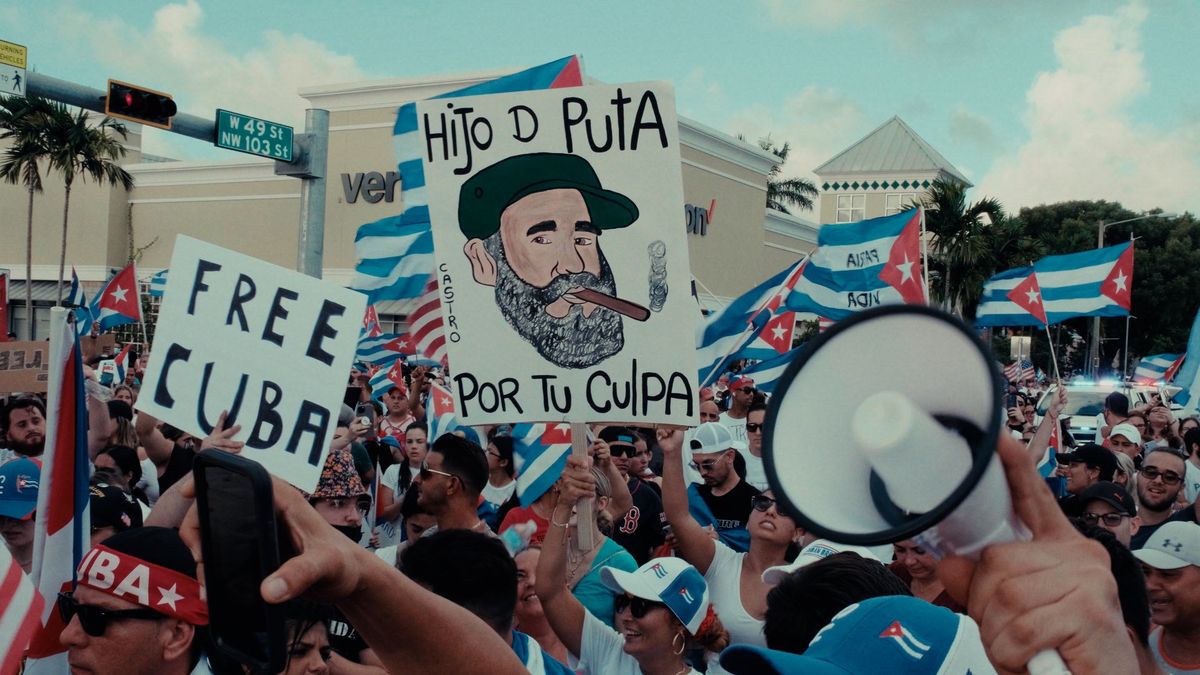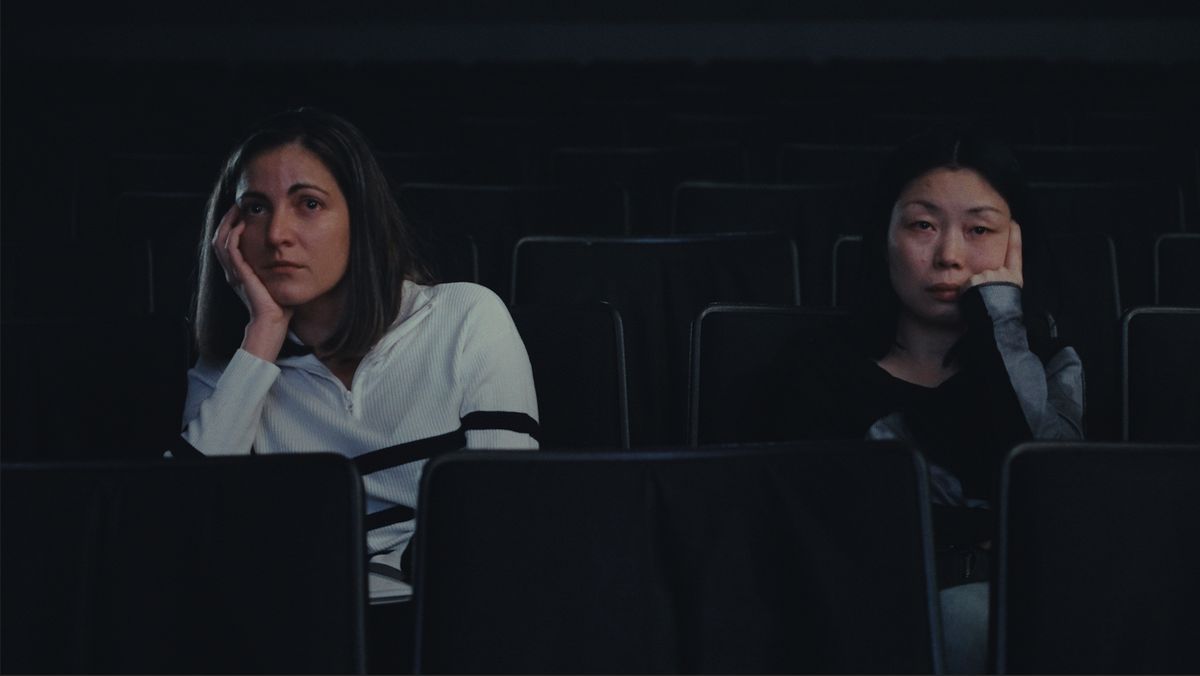Reel Rundown: ‘Night Is Not Eternal’ searches for truth in two different – but much the same – governments
"Night Is Not Eternal" is now streaming on HBO Max. (HBO Max)
In a recent column, Jim VandeHei – co-founder and CEO of the news website Axios – pushed back against X honcho Elon Musk’s oft-publicized statements that journalists, and journalism in general, can’t be trusted.
VandeHei referred to the speech that he delivered at the National Press Club, where he referred to Musk’s allegations with a single word that can’t be printed in a family newspaper (it being a profane synonym for bull manure).
He then goes on to argue that “an America without clinical, fair, deep and fearless reporting will perish.”
Debate that statement if you must, but if you do accept VandeHei’s viewpoint, you have to recognize that it applies not only to traditional journalism, whether print or broadcast, but also to documentary filmmaking.
And the films of Nanfu Wang are a perfect example. Born and raised in China, Wang emerged from a working-class family to earn university degrees at schools both in China and the United States – culminating in her studying filmmaking at New York University’s Tisch School of the Arts.
In 2016, she released her first film, “Hooligan Sparrow,” which was her look at Chinese human rights activists. And in the following years, she’s made four more films on topics such as China’s one-child policy and how the governments of both China and the U.S., she charges, mishandled the COVID-19 pandemic.
Wang’s latest film is “Night Is Not Eternal,” which is streaming on Max. Seven years in the making, the film – which takes its title from words spoken by the late Cuban activist Oswaldo Payá – is, in large part, Wang’s effort to understand the work being done by Payá’s daughter, Rosa Maria Payá Acevedo.
At first the two have much in common. Wang’s concerns about the lack of human rights in China mirrors Acevedo’s efforts to battle injustice in Cuba. Especially pertinent are Acevedo’s actions given that the Cuban government was strongly suspected to be involved in her father’s death.
As Wang’s film progresses, though, she begins to question, if not Acevedo’s motives, then her methods. To battle one authoritarian regime, that of Fidel and then Raul Castro, she petitions the support of someone whom Wang, at least, sees as a potential American version, then-President Donald Trump.
As Wang herself says, “I left China and came to the U.S. because of its promise of democracy and freedom.” But, she adds, her adopted country seemed to be in the process of becoming “less free and becoming hostile to people like my son.”
In her view, the two governments even have much in common. To Wang, Chinese communism as it’s practiced today is not that much different from Western capitalism, with profit being the bottom line, far more important than concerns for the average worker.
In comparing the protest movements active today among the young in both China and Cuba, Wang offers a bit of hope for the future. But she doesn’t offer any real answers.
Still, that’s a part of journalism, one that VandeHei might agree with. In searching for the truth, you just have to keep asking questions.

